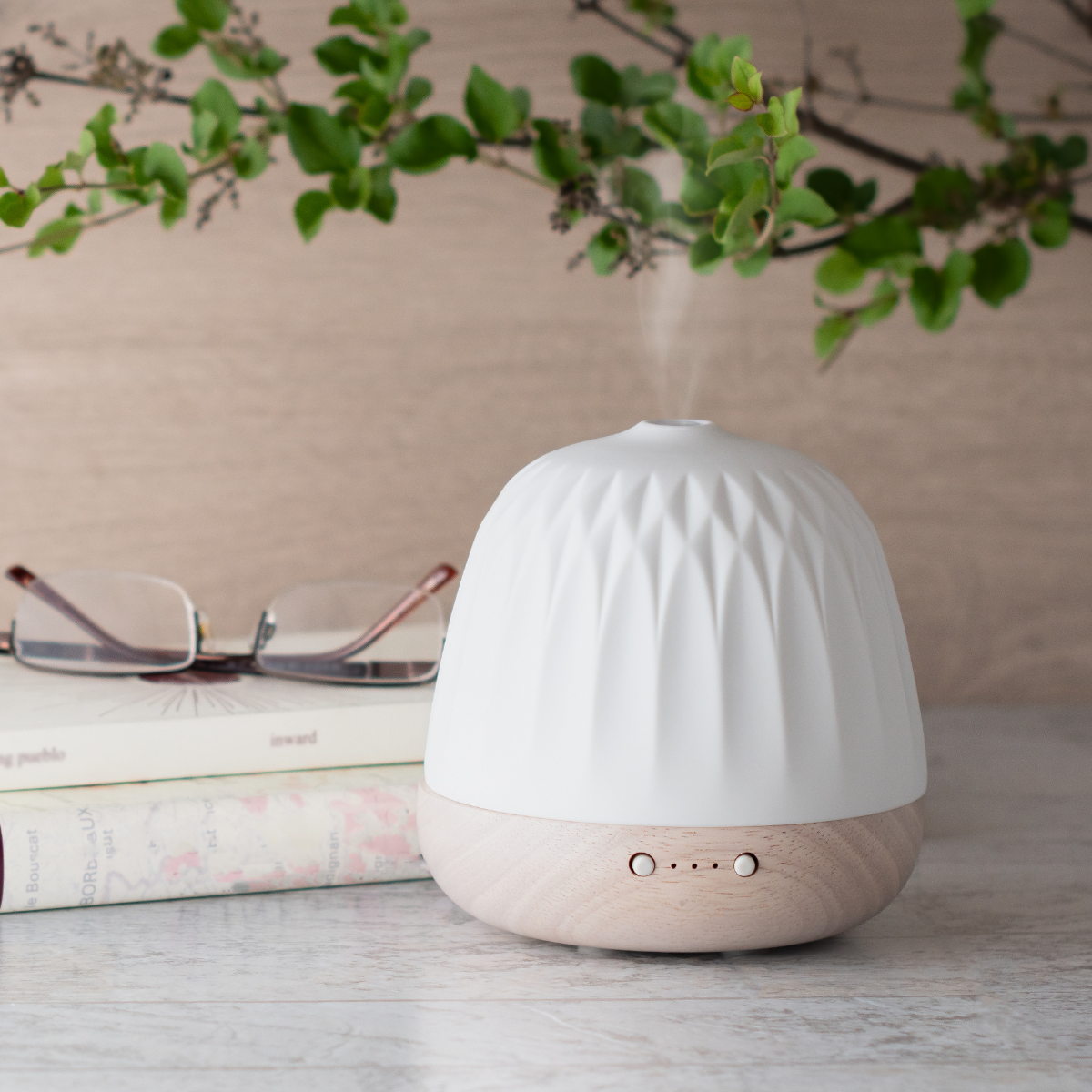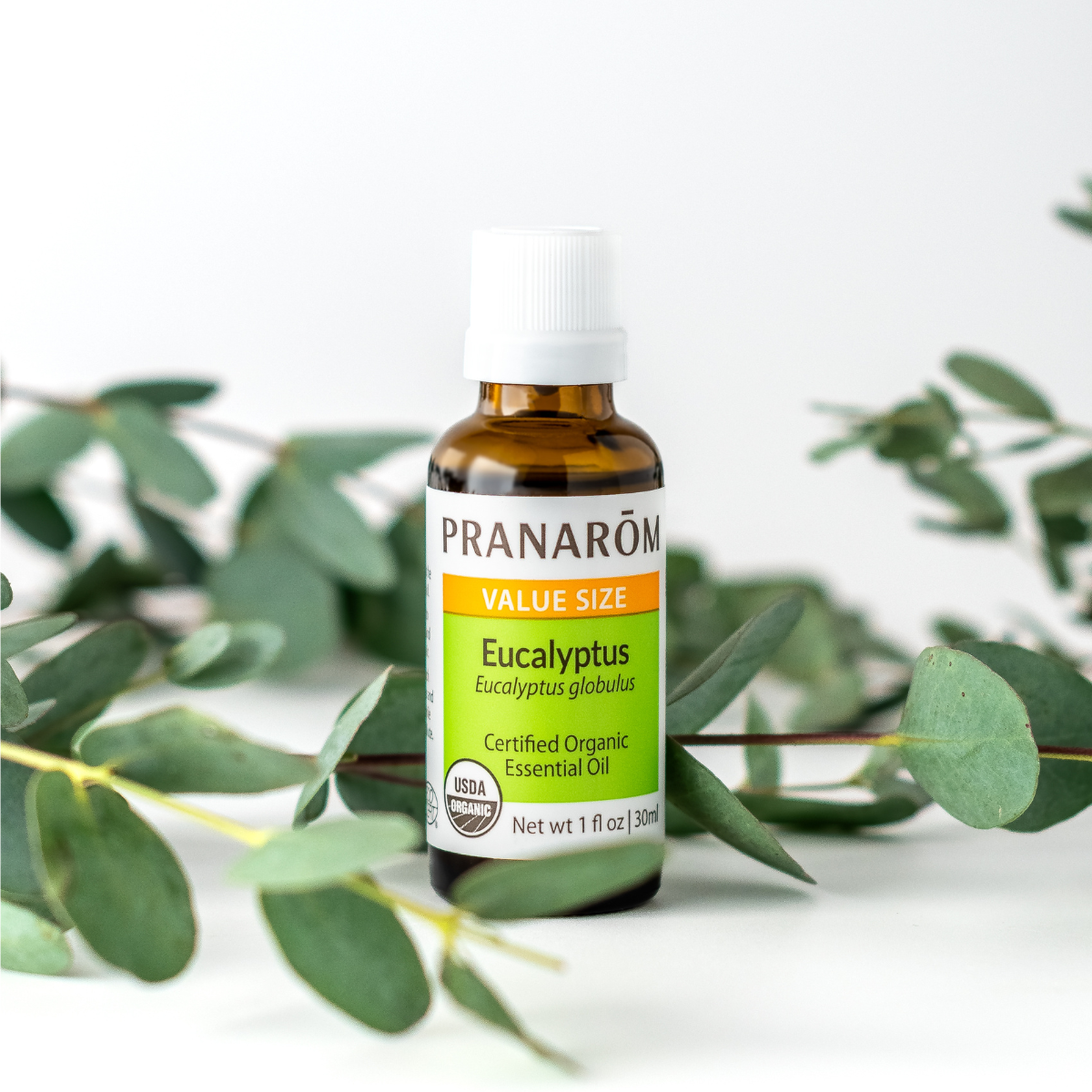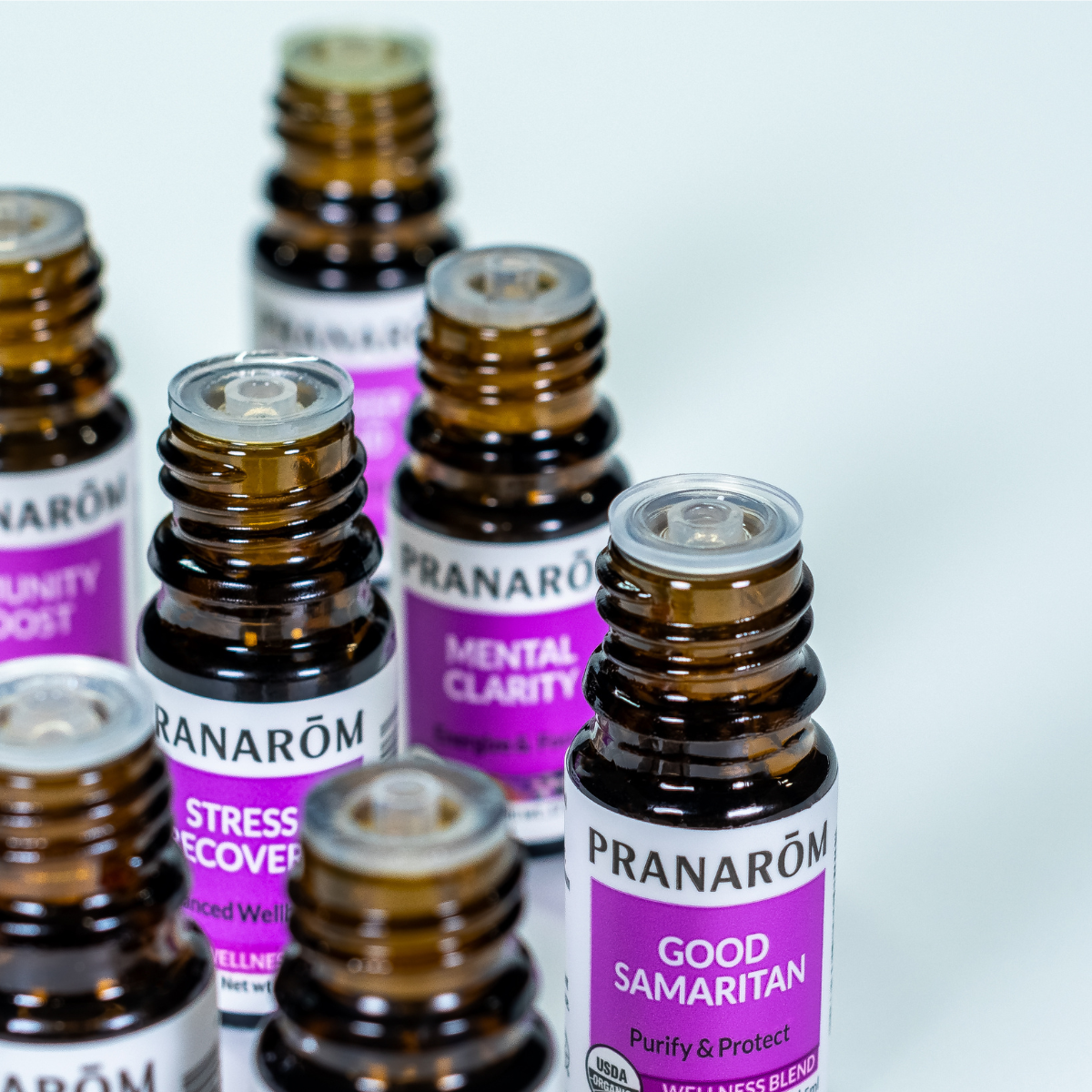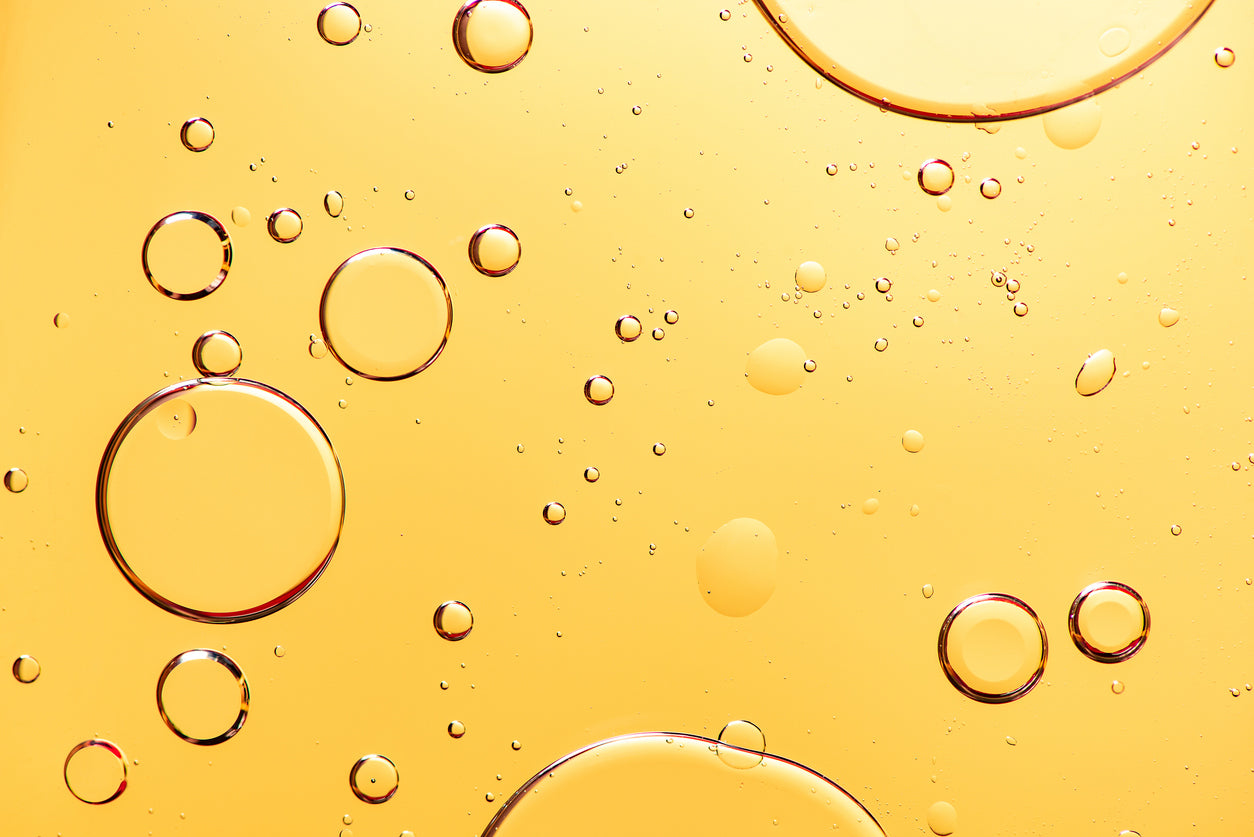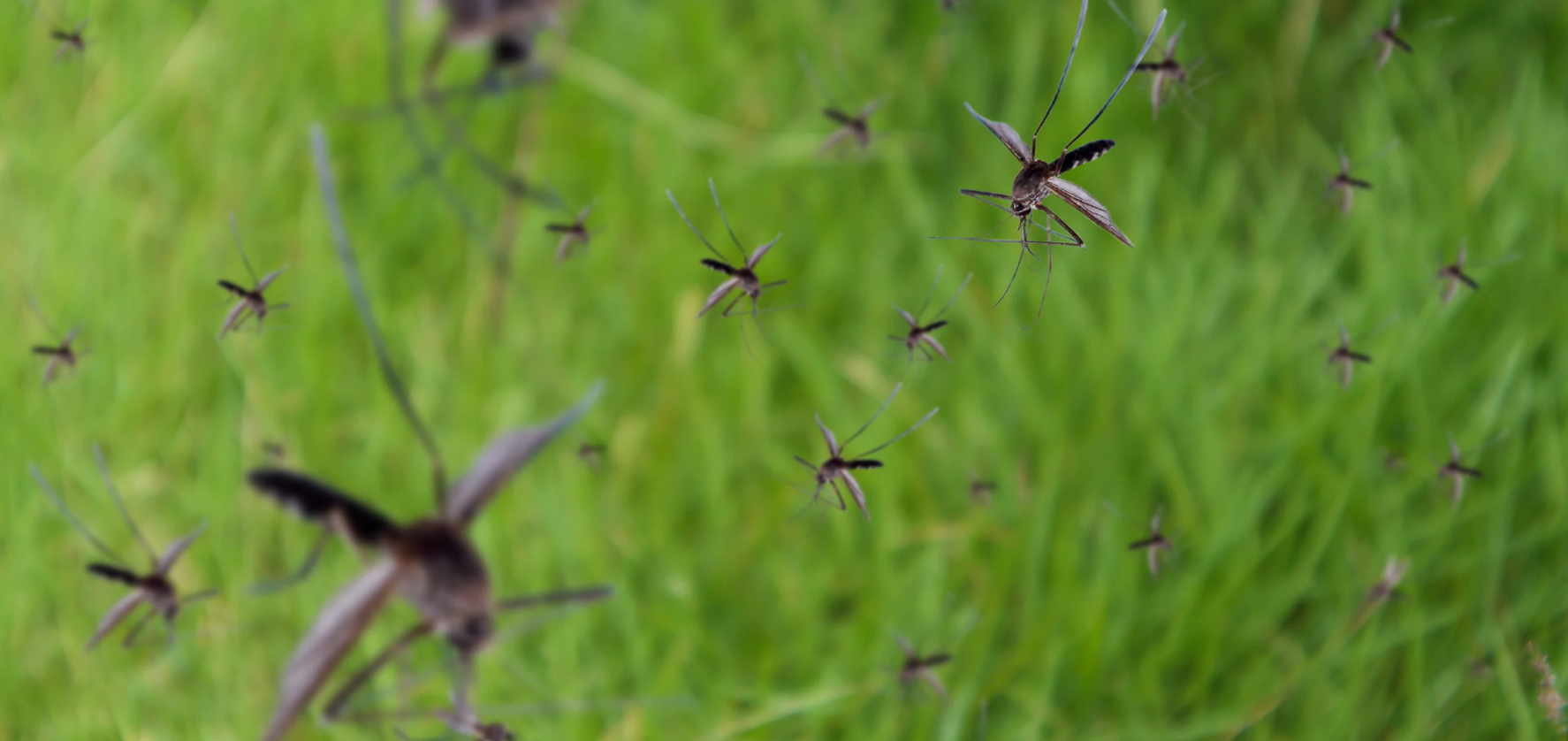Excess sebum, or hyperseborrhea, is a common skin condition that can lead to skin problems, such as pore obstruction and acne. Although sebum is essential for the hydration and protection of the skin, excessive production disturbs its balance. Let's find out how essential oils and virgin plant oils can help you reduce excess sebum naturally and restore your skin's balance.
What is excess sebum?
Sebum is a fatty substance produced by the sebaceous glands located in the skin's dermis. Its main function is to protect the skin by forming a lipid barrier. This protective layer has two major roles:
1. Prevent dehydration by retaining water;
2. Protect the skin against external aggressions (bacteria, fungi, microbes, etc.) thanks to its slightly acidic pH.
When the sebaceous glands produce too much sebum, the skin becomes too oily, the pores dilate, and skin imperfections may appear.
This excess sebum can be caused by:
Genetic heritage;
Hormonal imbalances;
Stress and anxiety;
Poor nutrition;
External aggressions: UV, pollution, tobacco and alcohol;
The use of inappropriate cosmetic products.
An increase in temperature also causes an increase in the production of sebum, as the body uses it to protect the skin from UV rays and maintain hydration.
What essential oils should you use in case of excess sebum?
Here is a selection of our recommended essential oils to balance and purify your complexion:
Tea tree essential oil is great for dealing with problem areas and occasional breakouts.
Tea tree works on multiple levels:
Purifies the skin;
Calms irritation;
Helps maintain clear skin.
How to use:
Topical application: mix 1-2 drops of tea tree essential oil with a light virgin plant oil such as Jojoba oil (<20% dilution rate). Apply the mixture to problem areas, such as the T-zone (forehead, nose, chin), once a day.
Steam facial: for a general purifying effect, add a few drops to a bowl of warm, steaming water and inhale the steam for 5 to 10 minutes. Be very careful not to burn your skin by getting too close to the hot water.
Contraindications: Tea tree essential oil is not recommended for pregnant women, children under 6 years of age, and people with very sensitive skin. A skin test is recommended before any application.
Lavender essential oil is known for its soothing and regenerative properties. It helps oily skin by:
Balancing sebum production;
Soothing skin irritations;
Reducing stress (another factor in excess sebum).
How to use: Topical application: apply a drop of lavender oil diluted in a non-comedogenic virgin plant oil such as argan oil, and gently massage over the entire face before bedtime.
Diffusion: for a relaxing and purifying effect, diffuse 5 to 10 drops in the room for 30 minutes before sleeping.
Contraindications: although it is generally very well tolerated, lavender essential oil is not recommended for pregnant women in their first trimester or for infants under 3 months of age.
Lemon oil is a powerful natural astringent.
It helps to:
Tighten the pores;
Balance sebum production;
Lighten the complexion.
How to use:
Topical application: mix 1 drop of lemon oil with 1 tablespoon of jojoba oil (< 2% dilution rate) and apply to oily areas. Use in the evening to avoid exposure to the sun and its photosensitizing effect.
Inhalation: add a few drops to a diffuser to purify the ambient air and benefit from its toning properties.
Contraindications: Lemon essential oil is photosensitizing. Avoid exposure to the sun for at least 12 hours after applying it to the skin. It is also not recommended during the first trimester of pregnancy or with babies under 3 months. Do not use pure on the skin.
Ylang-Ylang essential oil is particularly effective in balancing sebum production. It helps regulate combination to oily skin, while providing a touch of softness and relaxation thanks to its exotic and floral fragrance.
How to use:
Topical application: dilute Ylang-Ylang essential oil in Argan oil (< 1% dilution rate) and apply the mixture to the entire face, emphasizing the most oily areas.
Diffusion: diffuse 3-6 drops for a relaxing and balancing effect.
Contraindications: Ylang-Ylang essential oil should be used in moderation, as it can be irritating if applied excessively. A skin test is recommended. It is not recommended for pregnant or breastfeeding women or with infants under 3 months of age.
Which virgin plant oils should I use for excess sebum?
Virgin Plant Oils are ideal bases for diluting essential oils, but they have their own regulatory virtues for the skin, too. Some of them are particularly suitable for oily and acne-prone skin.
Jojoba oil is often considered the best oil for oily skin because its composition is similar to that of human sebum: It naturally regulates sebum production; It moisturizes the skin without making it greasy; It does not clog pores (non-comedogenic).
How to use: Topical use: use jojoba oil as a daily moisturizer by applying a few drops to clean skin. You can also use it as a base to dilute essential oils.
Moisturizing mask: mix jojoba oil with green clay (1:1 ratio) to create a purifying and regulating mask to be applied once a week. Leave on for 10-20 minutes, then gently wash away with lukewarm water.
Rich in vitamin E and essential fatty acids, argan deeply nourishes the skin while regulating sebum production. It is ideal for combination to oily skin that needs intense hydration without clogging pores.
How to use: Topical application: apply a few drops of argan oil to the face after cleansing to moisturize.
Anti-aging support: mix argan oil with geranium essential oil (start with a lower dilution rate, around 1%). Use this serum daily for best results.
Black Cumin oil is known for its calming and purifying properties that target redness and oiliness. It is ideal for helping acne-prone skin to:
Regulate sebum production;
Soothe redness;
Purify pores.
This oil is also rich in antioxidants, which makes it a very good choice to protect the skin from external aggressions.
How to use: Topical application: apply pure or diluted black cumin oil on the face after cleansing for a purifying and regulating effect. You can also use it as localized care for pimples.
Purifying mask: mix black cumin oil with green clay (1:1 ratio) and apply all over your face. Wait 10-20 minues, then rinse with luke warm water. Follow with a spritz of rose otto hydrosol.

